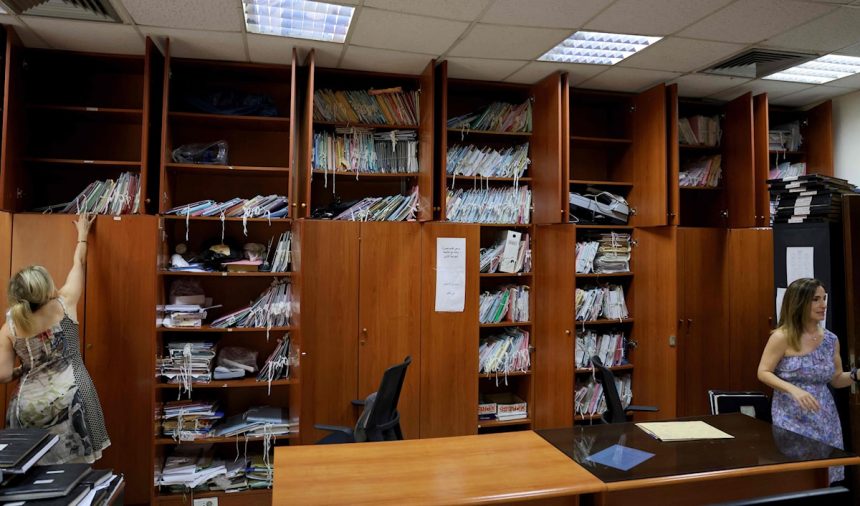As Lebanon’s draft 2026 budget moves through Parliament, public sector employees are once again pressing for salary increases to offset the erosion of their purchasing power. So far, the government, under the watchful eye of the IMF, has resisted across-the-board wage adjustments, mindful of their fiscal and inflationary repercussions.
LIMS warned that such restraint merely delays the recognition of an unsustainable public payroll. Decades of sectarian patronage and political favoritism have swelled the ranks of an inefficient bureaucracy, where wages are paid to unproductive employees. Rewarding underperformance through blanket salary hikes risks entrenching a culture of inefficiency.
The bloated public sector now consumes a disproportionate share of government revenues, crowding out spending on essential priorities. Before the 2019 financial collapse, inflated wage bills were financed through borrowing and afterward, through monetary expansion. Both fueled inflation, devalued the currency, and drove up poverty. With depositor funds depleted, banks in disarray, international lenders reluctant, and inflationary pressures mounting, Lebanon can no longer afford an expansive public payroll.
LIMS argued that economic reform must start with a comprehensive review of the state’s size, linking pay to performance and cutting headcount. Only savings from eliminating unproductive positions should be redirected to reward productive employees.
Crucially, the alternative to wage hikes is not price controls. Lebanon’s experiment with such measures between 2020 and 2022 produced severe shortages of fuel, medicine, and food. Instead, LIMS advocates tackling high living costs by dismantling public monopolies in electricity, water, telecommunications, and transport. Opening these sectors to competition would drive down prices, improve service quality, and deliver genuine relief to households — without reigniting the cycle of inflation and fiscal instability.
- The International Monetary Fund On The Track Of Addressing The Salary Crisis Under Close Oversight Of The State’s Financial Situation, September 10, 2025: Nida Al Watan, Article AR
- The Lebanese Stuck In A Vortex… Rising Prices Versus Increasing Salaries, September 15, 2025: Lebanon Debate, Article AR

